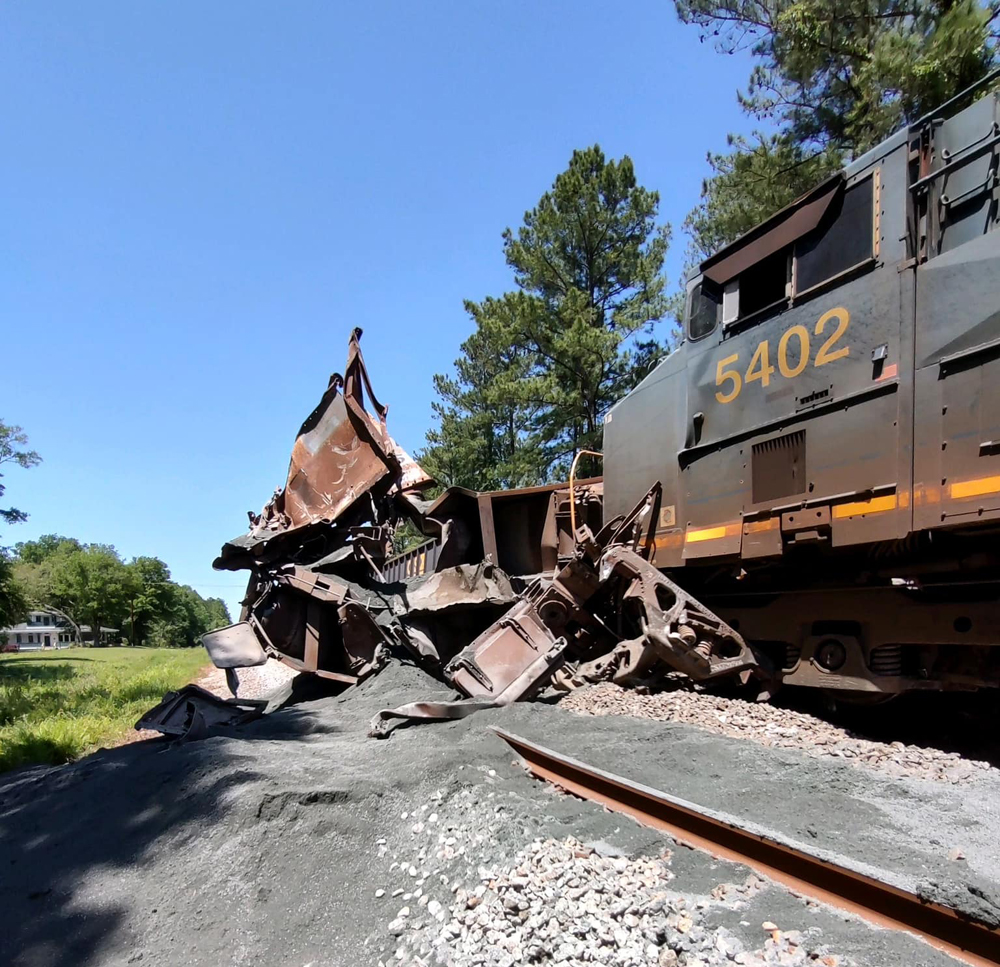
WASHINGTON — An improperly lined switch, and a conductor’s failure to verify the switch’s position, led to the head-on collision of two CSX trains near Folkston, Ga., in April 2024, according to a National Transportation Safety Board investigation report.
The final report into the April 15, 2024, incident was issued today (Feb. 19, 2025). The incident occurred about 1:20 p.m. when an intermodal train struck a parked rock train, derailing two locomotives and two cars on each train. Three crew members suffered non-life-threatening injuries [see “Three injured as CSX trains collide …,” Trains News Wire, April 15, 2024]. Damage was estimated at $720,000.
The collision occurred while signals on a section of the railroad’s Jesup Subdivision were suspended for maintenance, with the area operating as track warrant territory. A conductor was assigned to manually throw four dual-controlled, power-operated switches; he later told NTSB investigators he had difficulty throwing the switches, an indication locking mechanisms had been disengaged.
The intermodal train had been intended to remain on main track 1 to pass the rock train, stopped on main track two, but as the intermodal train approached at 39 mph, it recognized a misaligned switch and began braking, but hit the parked train at 28 mph. At the time, CSX did not require trains operating through areas of signal suspension to operate at restricted speed
The NTSB determined that the conductor threw the lever for the switch in question once, but the dual-mode switch can require cycling the lever back and forth to be lined. In an interview, the conductor said he did not remember ever training on or operating a dual-controlled, power switch in manual mode. As a result, the report considers contributing factors to the incident to include insufficient training by CSX, as well as failure to implement operational procedures such as a restricted speed requirement or a requirement for secondary verification of switch position.
CSX subsequently issued a safety alert requiring restricted-speed operation in such areas, as well as protocols including a secondary verification requirement.






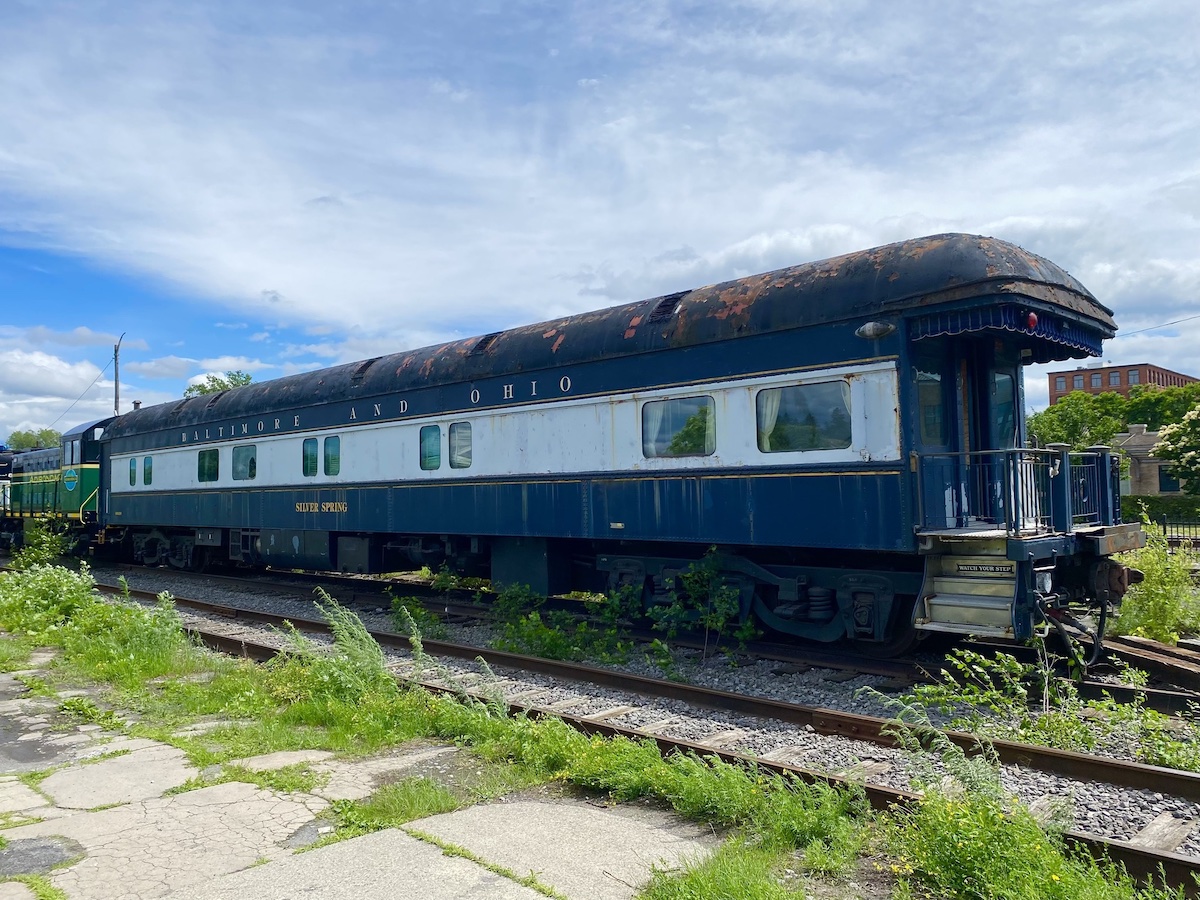
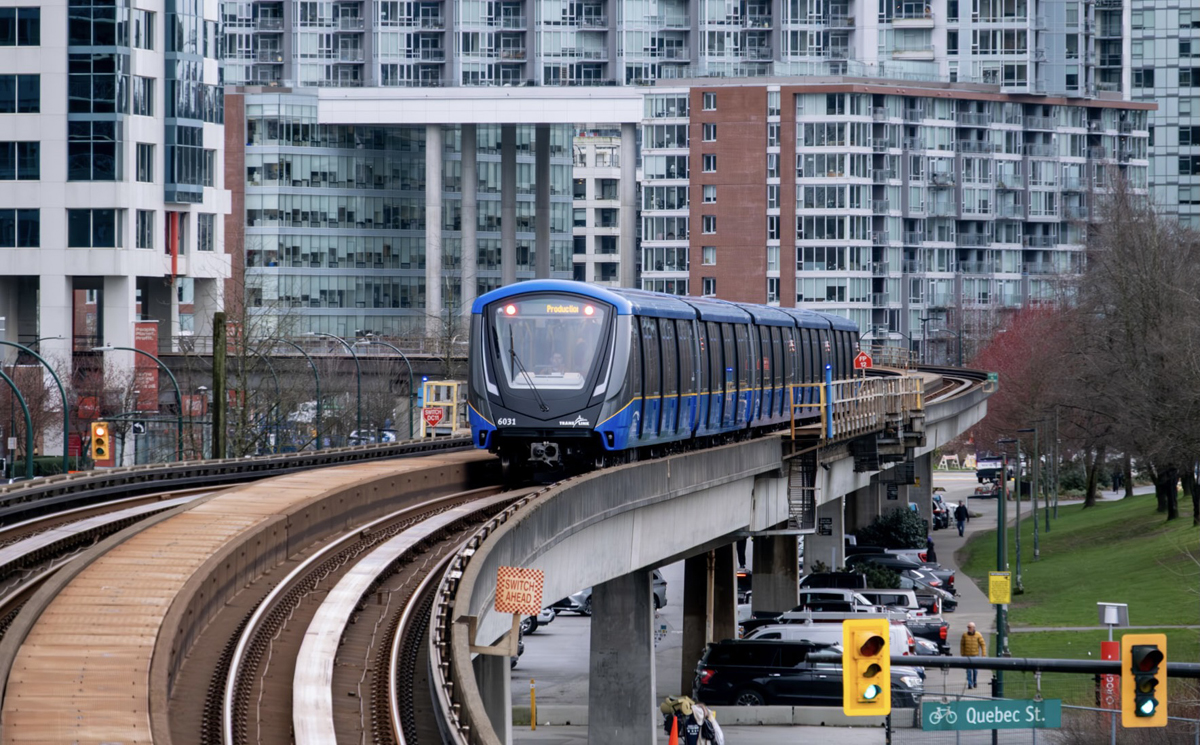
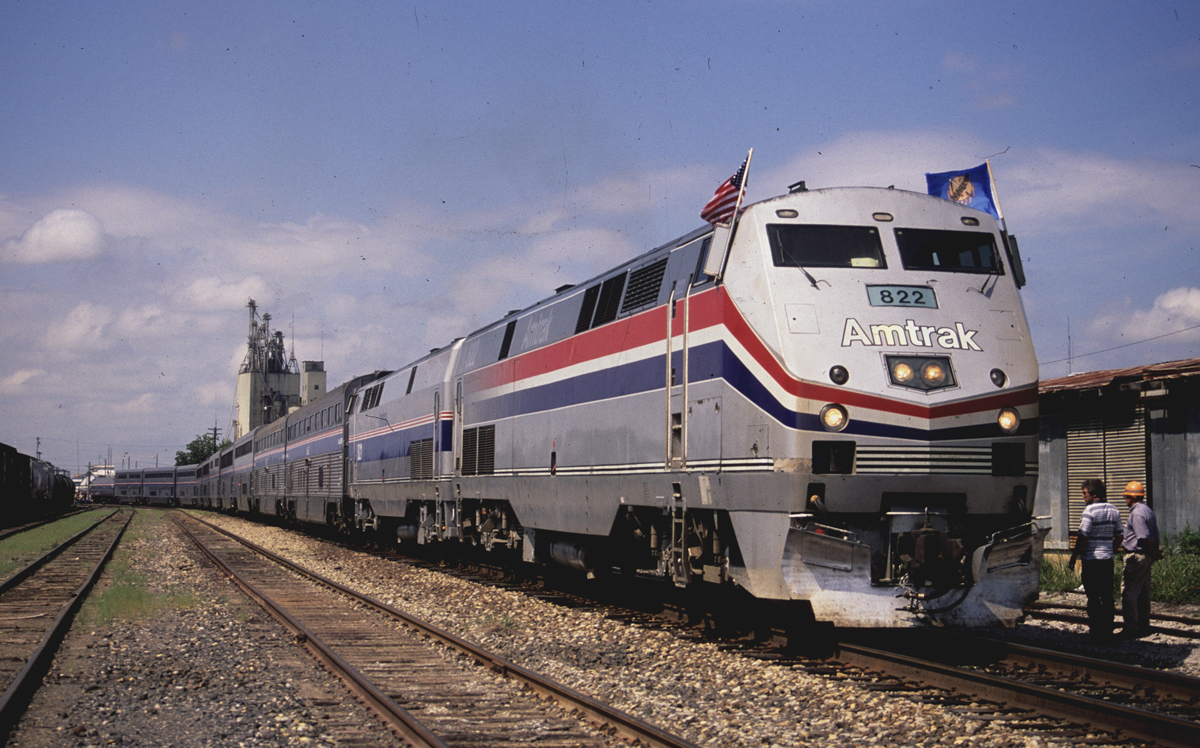
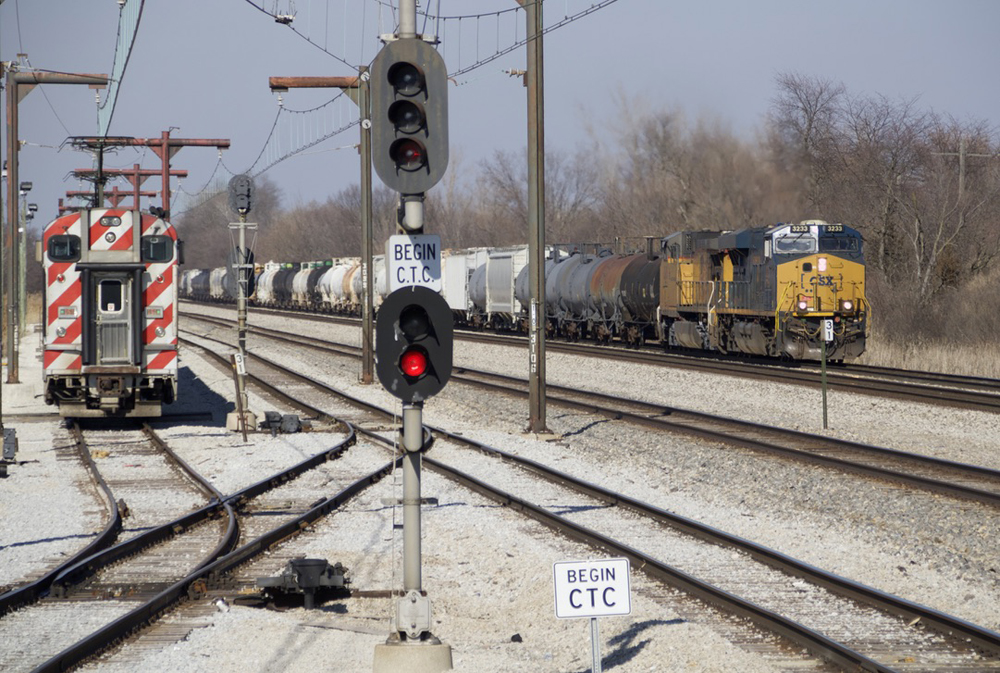




This the same thing that happened on February 4th 2018 in Cayce, South Carolina during the early morning hours, when a CSX Conductor lied about throwing his siding switch back to the mainline position causing Amtrak’s southbound Silver Star to fly through the switch into the siding at 59 mph and collide with the Conductor’s CSX freight train. This accident which killed both the Engineer and one of the two Conductors on the Amtrak train, was also during a signal suspension. CSX was upgrading the signals in that area over a 3 day period.
Has CSX not learned anything from these accidents, especially the ones during signal suspensions.???
This is not a blue flag issue on a mainline PTC track. Blue flags are for different territory. It is not clear if the conductor was assigned to that train or possibly working just at that set of switches during the suspension of signals. Regardless, the manual throw handle of a power switch has a whole different feel to it if the point is not thrown when it is handled. As Mr. Holte puts it, you never throw a switch without checking the point to make sure it is aligned properly, power or manual. NEVER!!
Required Safety Briefing?
What no PTC?
What happened to blue flag protection? Same thing happened up at strasburg and a steam locomotive hit a backhoe. If you are going off duty on your train you lock that switch you get the blue flags out. This could have been avoided if somebody would have put a blue flag on their train and closed that switch. An open switch is a derailment waiting to happen every rail fan, model railroader, and train crew knows that. You don’t leave switches open they can cause a wreck.
When I was working in the MW dept. on NS we knew how to operate dual-control power switches because we had to operate them by hand on occasion. But the main thing was: Always visually confirm that the switch is lined the way it’s supposed to be lined.